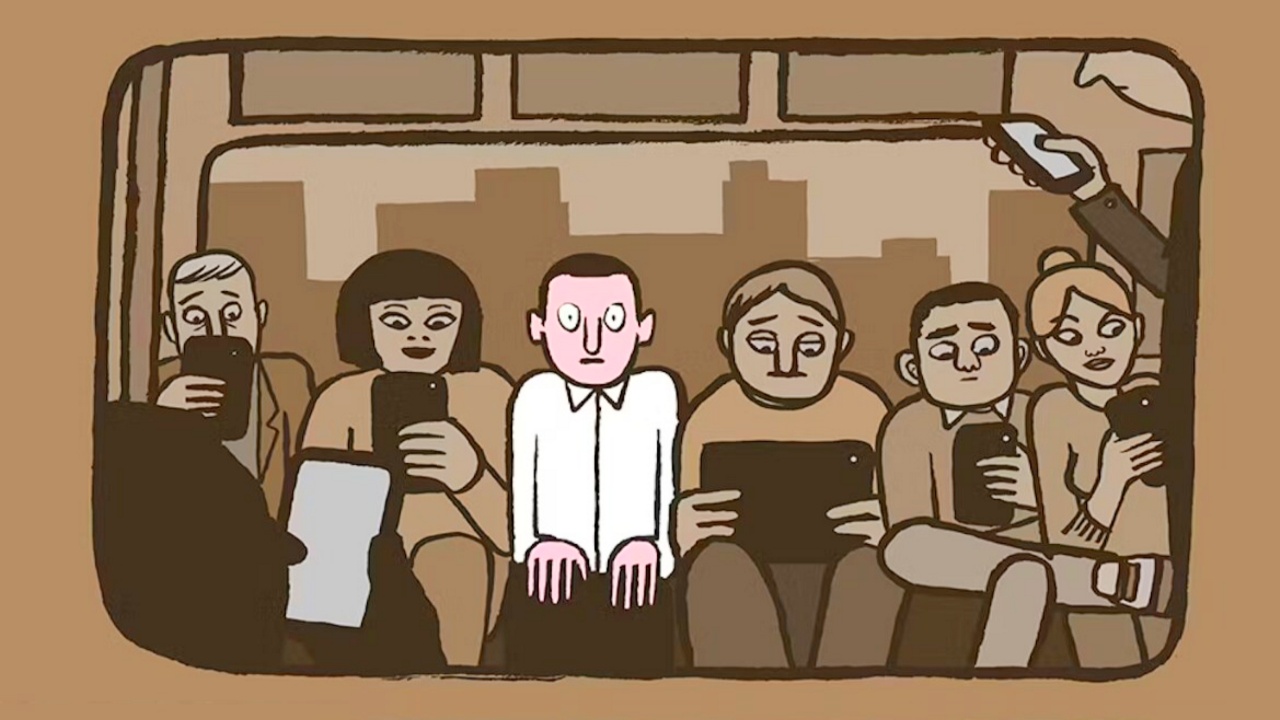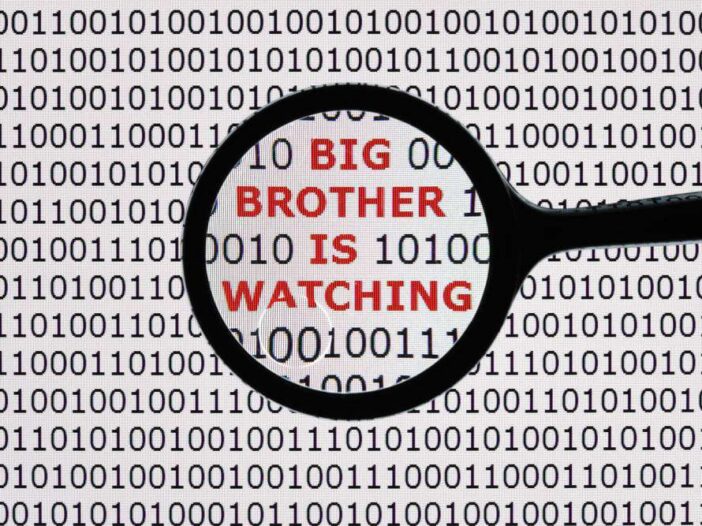Every so often, almost like clockwork, someone will come out and say that the internet is ruining everything.
This week, it’s the New York Times‘ Bill Keller, who fears that “we may be unlearning, tweet by tweet… complexity, acuity, patience, wisdom, intimacy”
The usual response to this from web-heads and technologists is a slightly more nuanced version of “OMG, Bill Keller is soooo stupid!”. And given the number of times it happens, that’s understandable. It gets frustrating to see people repeating the same arguments over and over again.
Yet, at the same time, people are clearly worried. They feel something is being taken away. So how about we take some time to go through why people’s fears about the internet are perhaps misplaced? Here are three worries about the web – and why they’re probably not anything to worry about at all.
It’s making us dumb
This is probably the number one things you hear about the ‘net. People (like Keller) always express this fear that, despite the web’s obvious benefits, the big picture is that it is making us stupid.
Most often, this comes in the following form: because the internet affects our attention span, we get smaller and smaller and bits of information. So while we technically ‘know more’, we lose depth and context and focus.
Some of this may be true. The nature of the web means sustained focus is more difficult to maintain. But the flipside of that distraction is that the web helps curate and select the best information for us. As the NYT’s Nick Bilton points out, Twitter – the thing that Keller rails against – brings him the best information ‘like a neat package’. More to the point, he argues that, just like the invention of writing or the book, we are still adapting to this new technology.
Is the internet making us more stupid? Probably not. And part of the reason is that the web is redefining what it means to be smart. That distracted, scattered, non-linear thought is exactly the kind of thinking we need to solve incredibly complex non-linear problems like the globalized economy, climate change or food shortages.
It’s making people less social
Another of Keller’s coplaints is that the web is affect social relationships, since Facebook and Twitter relationships are weak and impermanent. This is something many people say, and it’s quite understandable. On the surface, if you can get in touch with your friends online, perhaps you’re less likely to see them ‘in real life’?
There is, however, a small problem with this belief: there isn’t any hard data to support the idea that social media makes people less social in physical space. As scholar and PhD Zeynep Tufekci notes, “empirical research just doesn’t support the idea that FB & Twitter users are more socially isolated”.
And when you think about it, the purpose of Twitter and Facebook has never been to replace the physical socializing. It’s always been to augment it – to plan meetups, share photos and ideas over distances etc. So while it’s a very legitimate worry, there is no data to support the idea that the web is making our social lives worse – but plenty of anecdotal data to say it’s making it better.
It makes us easier to control
This one is much trickier, but a lot of people have articulated the idea that the combination of privacy issues and more corporate control make us less free.
The issue with this argument is that it, well, makes a lot of sense. A few very large companies dominate the English-speaking internet. Google, Facebook, Twitter, Yahoo, AOL/HuffPo, Drudge Report – there aren’t many. And on the surface, it seems like that means fewer people are controlling more of what we see.
Part of this is true. It is worrying, for example, that Google and their search algorithm can determine so much. Similary, when half a billion people use one service for socializing, there’s a real problem with privacy.
But the flipside of the argument is that decentralized nature of the internet as a technology makes individuals and movements much harder to pin down. Yes, entire countries can shut off their internet. But in countries where such actions would be considered illegal, the web’s distributed nature means you always have other options. You can get off Facebook and onto another network. You can use another search engine. Perhaps most importantly, you can get information from a variety of sources, not just established news organizations. You can also use smartphones and tablets to broadcast information long before professionals have gotten to the scene of the action.
The non-linear nature of the internet makes it far harder to shut down. Even when Wikileaks’ servers were shut down, the information still spread because it was replicated thousands of times. This redundancy and distribution is at the core of the web’s democratic potential.





GIPHY App Key not set. Please check settings